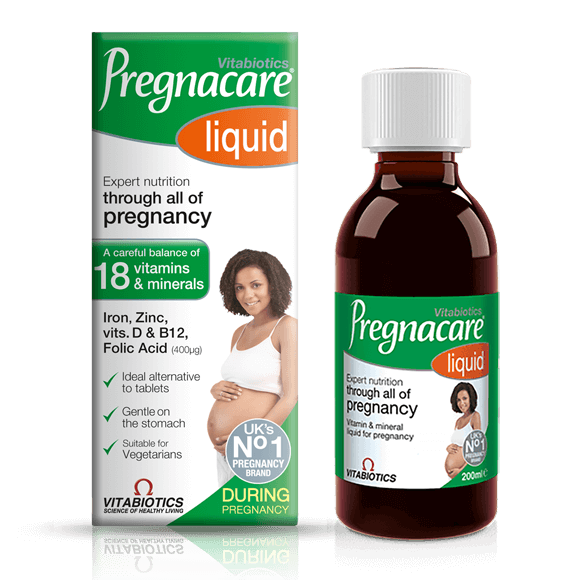Swimming is a low-impact exercise that can have many benefits for you when you are expecting a baby. We look at everything you need to know about swimming during pregnancy.
Is Swimming Good During Pregnancy?
Yes, swimming is good during pregnancy as a form of exercise for women who are healthy and having a pregnancy that doesn’t have complications. Swimming is listed by NHS Start For Life as a suitable exercise for pregnancy. If you feel like you can, then keeping active and taking part in exercise, including swimming, is beneficial during pregnancy.
Always consult your midwife or doctor first before undertaking swimming or exercise during pregnancy, and make sure you speak to them if you have any concerns.
You can also read our post on the dos and don’ts of pregnancy exercise.
What Are The Benefits of Swimming in Pregnancy
There are many benefits of swimming during pregnancy. These include:
- As swimming is a low impact exercise, it is gentle on joints and ligaments, which can be more prone to injury during pregnancy as your body changes
- Being buoyant in water relieves pressure on your body, including your lower back and pelvis. It can also improve circulation, which can help with swelling during pregnancy
- Swimming can keep you cool, which is helpful during pregnancy when your normal body temperature might be higher than normal – especially during the warmer months
- It can improve your mood and energy: like other forms of exercise, swimming releases endorphins and helps maintain fitness. Using energy during swimming can help you sleep better at night.
Read more in Active Pregnancy Foundation’s Guide to swimming during pregnancy.
What Are The Best Swimming Positions During Pregnancy?
In terms of the best swimming strokes for during pregnancy, you will need to find a swimming stroke that is safe and comfortable for you and the stage of pregnancy you are at. Your midwife will be able to advise you on the best swimming stroke for you.
Some swimming strokes - for example breaststroke - might be more painful for your legs if you are experiencing pelvic pain during pregnancy. In this instance, a stroke like front crawl swimming during pregnancy might be a better option.
If you like swimming, you might also like to try aquanatal classes during your pregnancy. These are group sessions in the pool specifically designed for mums-to-be. Led by a qualified instructor, aquanatal classes include a range gentle exercises that are safe and comfortable during pregnancy. Check for events at your local leisure centre.
Find out more about aquanatal classes in Active Pregnancy Foundation’s guide to aquanatal classes during pregnancy.








Comments (0)